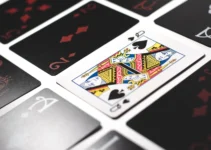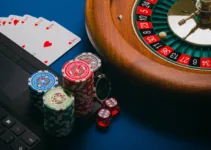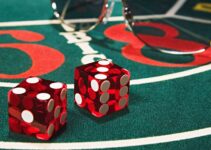Roulette, a game synonymous with the glitz and glamour of casinos, has long intrigued players with its blend of luck and potential strategy. The allure of beating the odds has led to the development of numerous roulette strategies.
But the question remains: do these strategies actually work? In this article, we delve into the mechanics of popular roulette strategies, their effectiveness, and the importance of responsible gambling.
Understanding Roulette Strategies
Below, you will find out more about each of the main types of strategies that people have applied to roulette.
The Martingale System
One of the most well-known roulette strategies is the Martingale System. This approach involves doubling your bet after every loss, with the theory being that when you eventually win, you’ll recover all previous losses plus win a profit equal to your original bet. However, this strategy can be risky, as a long losing streak could lead to substantial financial losses and reach the table’s betting limit.
The Reverse Martingale (Paroli)
The Reverse Martingale, or Paroli, is the opposite of the Martingale. Here, players double their bets after each win and keep their bets flat after a loss. The idea is to capitalize on hot streaks and minimize losses during cold streaks. While less risky than the Martingale, it still doesn’t change the house edge.
The D’Alembert System
The D’Alembert System is a more conservative approach. Players increase their bets by one unit after a loss and decrease by one unit after a win. This method is less aggressive than the Martingale systems but still can lead to significant losses in a long losing streak.
The Fibonacci System
Based on the famous Fibonacci sequence, this strategy involves betting by adding the last two bets together. While it’s a safer progression than the Martingale, it still doesn’t guarantee success and can be complicated for beginners.
The Reality of Roulette Strategies
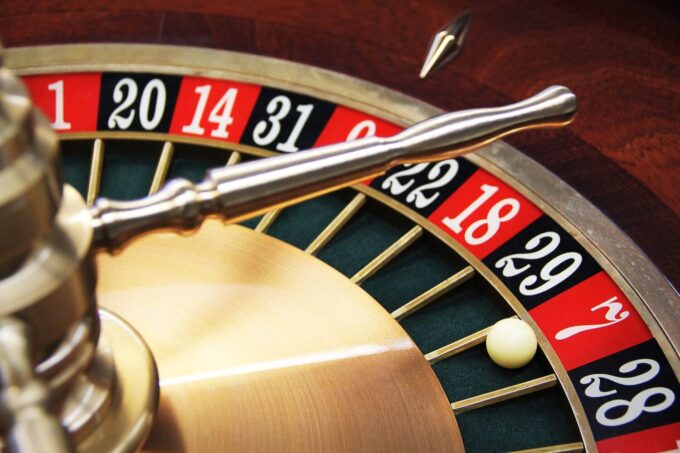
Source: blog.betway.com
While these strategies can make the game more interesting, it’s crucial to understand that roulette is primarily a game of chance. Each spin of the roulette wheel is independent of the previous one, meaning that the odds reset with every spin. Therefore, no strategy can overcome the house edge in the long run.
The House Edge
Roulette strategies do not alter the fundamental house edge. In American roulette, the house edge is around 5.26% due to the double zero, while in European roulette, it’s approximately 2.7% due to the single zero. These percentages ultimately work against the player over time.
Responsible Gambling
Understanding the limitations of roulette strategies is a part of responsible gambling. It’s essential to view roulette as a form of entertainment rather than a reliable way to make money. Here are some tips for responsible gambling:
- Set a budget ─ Always decide on a budget before you start playing and stick to it.
- Know when to stop ─ If you’ve reached your budget limit or you’re no longer enjoying the game, it’s time to stop.
- Avoid chasing losses ─ Chasing losses can lead to more significant losses and potentially problematic gambling behavior.
- Understand the odds ─ Knowing the odds and accepting the house edge can help maintain a realistic perspective on your chances of winning.
Variability in Player Experience
While roulette strategies offer a structured approach to gameplay, it’s essential to acknowledge the inherent variability in player experiences. Factors such as individual luck, risk tolerance, and skill level can significantly influence outcomes.
Some players may find success with certain strategies due to fortunate streaks, while others may encounter challenges despite following the same approach. Recognizing this variability underscores the unpredictable nature of roulette and reminds players that outcomes can differ widely from person to person.
Embracing this variability fosters a mindset of adaptability and resilience, encouraging players to approach the game with an open mind and realistic expectations.
Importance of Self-Awareness
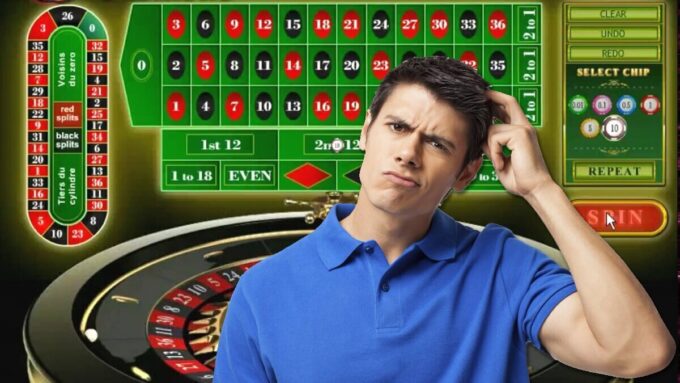
Source: legitgamblingsites.com
In the realm of roulette and gambling in general, self-awareness plays a crucial role in promoting responsible gameplay. Being attuned to one’s motivations, emotions, and behaviors while engaging in roulette enables individuals to make informed decisions and maintain control over their gambling activities.
Self-awareness involves recognizing warning signs of problematic gambling behavior, such as chasing losses, betting beyond one’s means, or experiencing negative emotional impacts. By cultivating self-awareness, players can mitigate the risk of developing harmful gambling habits and foster a healthier relationship with the game.
Ultimately, prioritizing self-awareness empowers individuals to make choices that align with their values and well-being.
Alternatives to Traditional Strategies
While traditional roulette strategies like the Martingale System or the Fibonacci System are popular among players, exploring alternative approaches can offer fresh perspectives and potentially enhance gameplay.
Alternative strategies may involve combinations of traditional methods, unique betting patterns, or even unconventional tactics that defy conventional wisdom. By experimenting with different approaches, players can discover strategies that resonate with their playing style, risk tolerance, and objectives.
Additionally, exploring alternatives can add excitement and novelty to the gaming experience, keeping players engaged and motivated. Embracing a mindset of exploration and innovation opens the door to new possibilities and enriches the roulette experience for players seeking variety and challenge.
Online Roulette Considerations
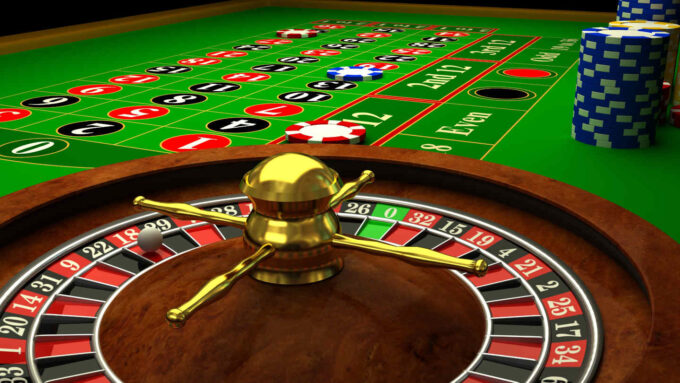
Source: mypokercoaching.com
As the popularity of online gambling continues to rise, players need to consider the unique dynamics of online roulette when devising strategies and navigating gameplay. Unlike traditional brick-and-mortar casinos, online roulette platforms offer distinct features such as faster gameplay, automated systems, and a wider range of betting options.
Additionally, players must contend with factors like RNG (Random Number Generator) algorithms and the absence of physical cues, which can influence decision-making and outcomes. Understanding these nuances empowers players to adapt their strategies accordingly and maximize their chances of success in the online environment.
Do The Strategies Work? Yes and No
In conclusion, while roulette strategies can add an element of control and excitement to the game, they do not guarantee wins. The nature of roulette as a game of chance means that the house will always have an edge.
Therefore, it’s crucial to approach roulette with a mindset of responsible gambling, viewing it as a form of entertainment rather than a source of income. Remember, the best strategy is the one that allows you to enjoy the game responsibly.



